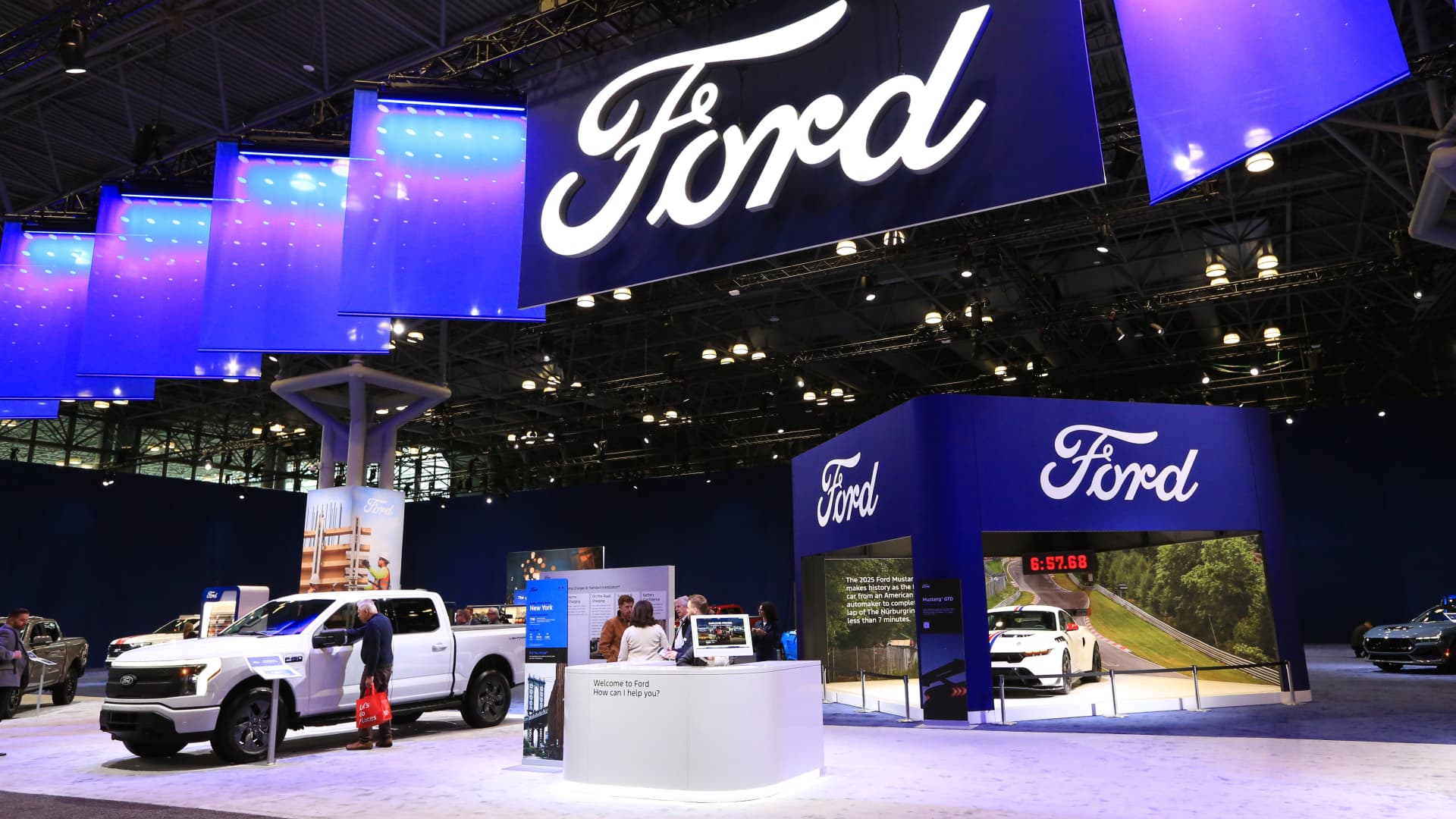DETROIT â Automakers such as Ford Motor, Hyundai Motor and Kia on Thursday reported significant year-over-year U.S. sales increases in April, as consumers rushed to purchase new vehicles ahead of potential price increases due to tariffs.
The tariff fear-buying began in late March and continued into April, buoyed by several automakers offering special discounts or promising not to raise prices in the near term due to President Donald Trump’s auto tariffs.
April results are dominated by the prospect of future vehicle price increases due to tariffs,” said Thomas King, president of the data and analytics division at J.D. Power.
But the good times may not last. King and Cox Automotive chief economist Jonathan Smoke note that demand slowed in late April, as new vehicle inventories tightened and prices increased following the earlier consumer rush to purchase.
“The economy and auto market are transitioning to a world with higher tariffs on imports,” Smoke said Tuesday. “The first phase of frenzy in the retail vehicle market seems to have already passed as April is ending with less momentum than it began.”
Smoke said the higher costs and lower vehicle inventories are what’s likely “sapping momentum and could lead to lower sales in future weeks.”
Automakers enjoyed the consumer rush while it lasted, though.
Ford reported a 16% year-over-year increase in its April sales, buoyed by consumers as well as an ongoing “employee pricing” program that the company launched as Trump’s 25% auto tariffs on imported vehicles took effect in early April. Ford said Wednesday that it was extending that program through the July 4 weekend.
Hyundai, which promised not to increase prices through at least early June, reported a 19% increase in sales last month of its namesake brand compared with April 2024.
Kia, which is owned by Hyundai’s parent company but operates separately in the U.S., said its sales last month increased roughly 14% compared to a year earlier.
General Motors reports U.S. auto sales on a quarterly basis, but GM CEO Mary Barra on Thursday told investors that the automaker had its best April since 2007.
Trump’s 25% tariffs of imported vehicles into the U.S. took effect April 3. Although he modified some of tariffs this week, additional levies of 25% on auto parts are expected to begin by Saturday.
This week’s changes included reimbursing automakers for some U.S. parts and reduce the “stacking” of tariffs upon each other for the industry.
Ford CEO Jim Farley on Wednesday said this week’s changes to the tariffs are helpful, but more actions need to be taken to assist automakers and grow the U.S. auto industry.

